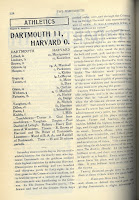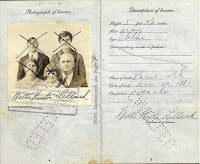 Even though he wrote many popular screenplays and books, including Butch Cassidy and the Sundance Kid and All the Presidents Men, William Goldman, who died today at the age of 87, will probably be best remembered for the adaptation of his book The Princess Bride. The quirky tale of pirates, princesses, giants and the power of love was made into a movie by Rob Reiner in 1987.
Even though he wrote many popular screenplays and books, including Butch Cassidy and the Sundance Kid and All the Presidents Men, William Goldman, who died today at the age of 87, will probably be best remembered for the adaptation of his book The Princess Bride. The quirky tale of pirates, princesses, giants and the power of love was made into a movie by Rob Reiner in 1987.However, Goldman’s original adaptation dates to 1973. Several attempts to get the project off the ground were in the works throughout the 1970s and early '80s but the movie wasn't made until Reiner, coming off directorial success in both This is Spinal Tap and Stand by Me, became involved.
We recently reprocessed the papers of director, screenwriter and producer James Goldstone and among the many scripts in the collection we found the second draft of Goldman’s original adaptation of The Princess Bride, dated December 1974. Unfortunately, there was no supporting material accompanying the script and so it is left to our imagination why Goldstone had a copy in his possessions.
Was he one of the many people involved in trying to get the movie made, back in the day? Maybe he was considering directing it? Or maybe it was just another script making the rounds in Hollywood.
Having read the script, I can report that the final product is pretty close to this original.
If you would like to read the screenplay for yourself, ask for MS-1073, The Papers of James Goldstone.


